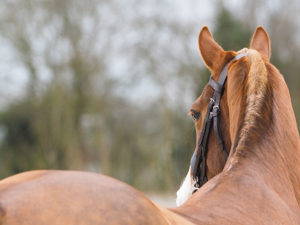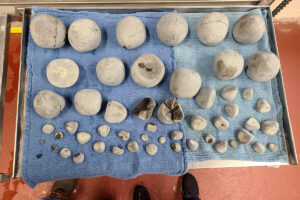Old Horses: Diseases and Conditions
As horses get older, they face common age-related conditions and diseases that require management and care. Learn more about those conditions and diseases in this slideshow.
- Topics: Arthritis & Degenerative Joint Disease, Arthritis & Degenerative Joint Disease, Body Condition, Cushing's Disease, Dental Problems, Eye & Ear Problems, Hoof Care, Horse Care, Lameness, Laminitis (Founder), Older Horse Care Concerns, Other Eye Problems, Other Respiratory Problems, Slideshow, Tumors & Melanoma
Share
ADVERTISEMENT
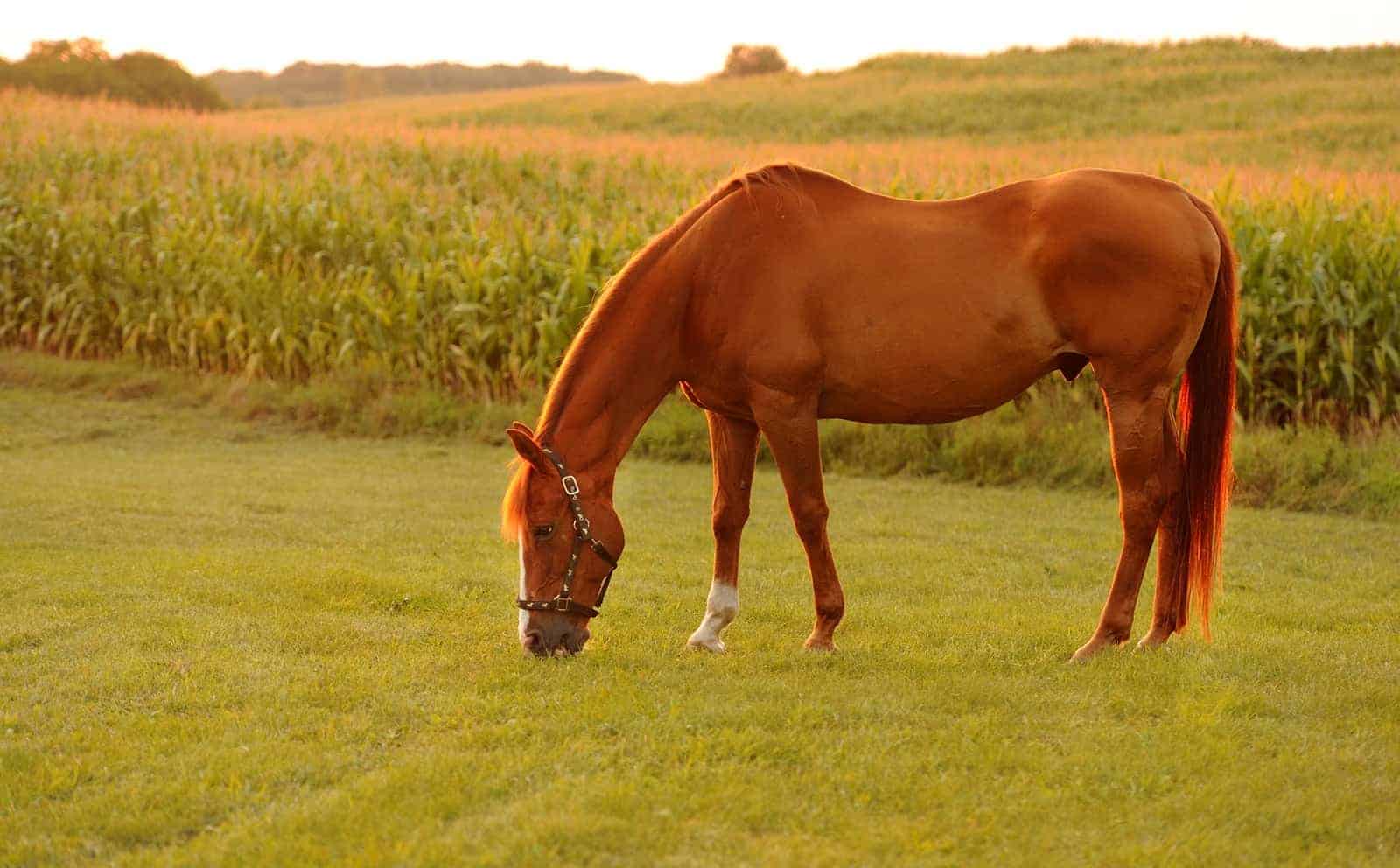
The Aging Horse
Horses earn their places in our hearts and hold special memories in our minds. But as they get older, horses face common age-related conditions and diseases that require management and care. | Photo: Shawn Hamilton/Clix Photography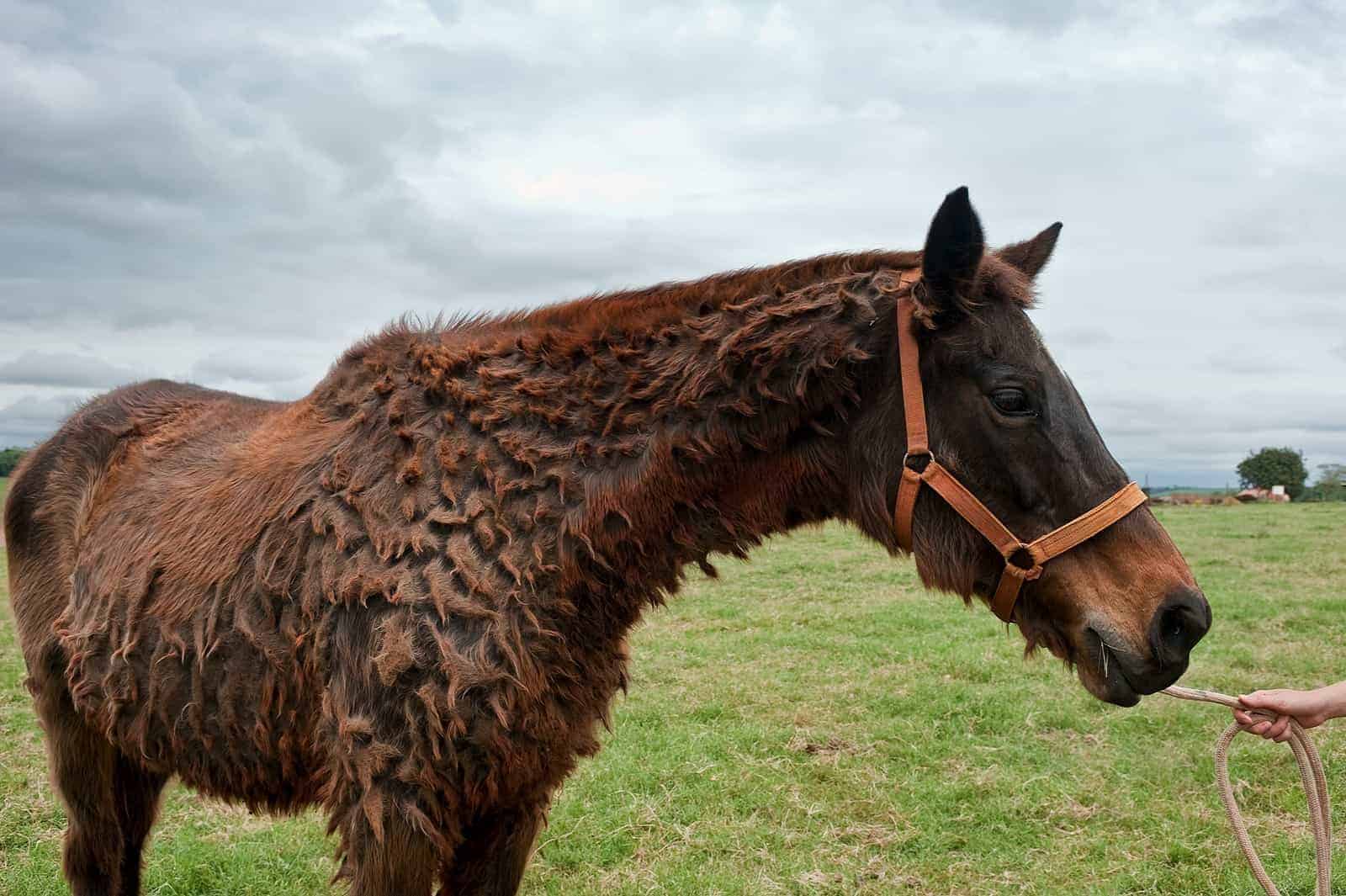
Cushing's Disease
Pituitary pars intermedia dysfunction, also known as PPID or equine Cushing’s disease, is a common endocrine disorder in horses. A long, shaggy coat with irregular shedding patterns is one of the most notable clinical signs. | Photo: Arnd Bronkhorst/www.arnd.nl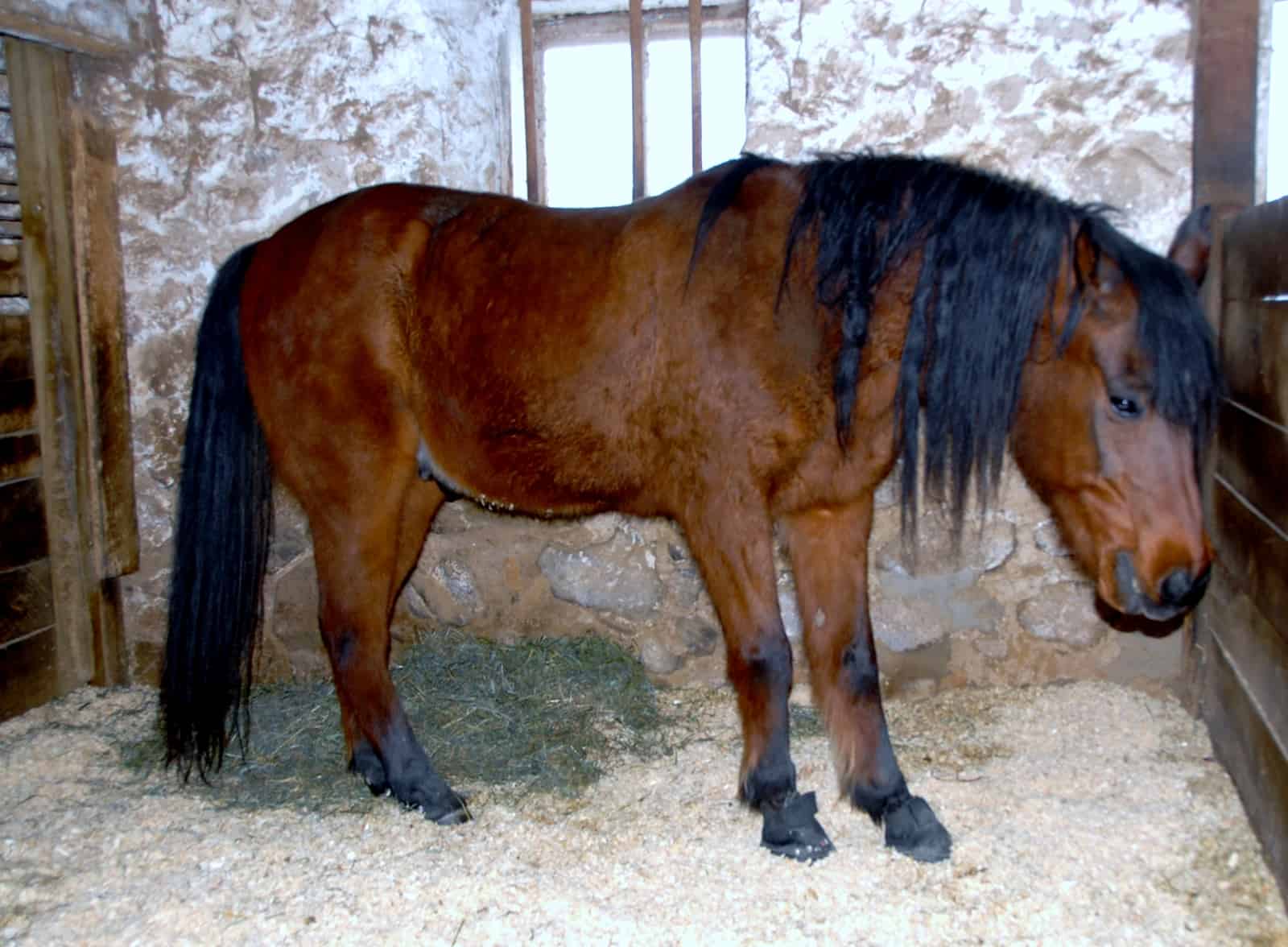
Laminitis
Endocrine disorders, such as PPID, can make senior horses more likely to suffer from laminitis (founder). This senior horse shows the typical laminitic stance, shifting his weight off the painful front feet and to the hind legs. | Photo: Maureen Blaney Flietner
Osteoarthritis
Osteoarthritis and joint disease are common in aging equids. Regular, judicious exercise can help keep an arthritic old horse comfortable. | Photo: Anne M. Eberhardt/The Horse
Hearing Loss
As prey animals, horses rely on their acute hearing. In fact, they are much more sensitive to high frequencies than humans. However, like humans, they can also lose hearing as they age. Hearing loss in horses can start around middle age (about 15 years old). | Photo: Photos.com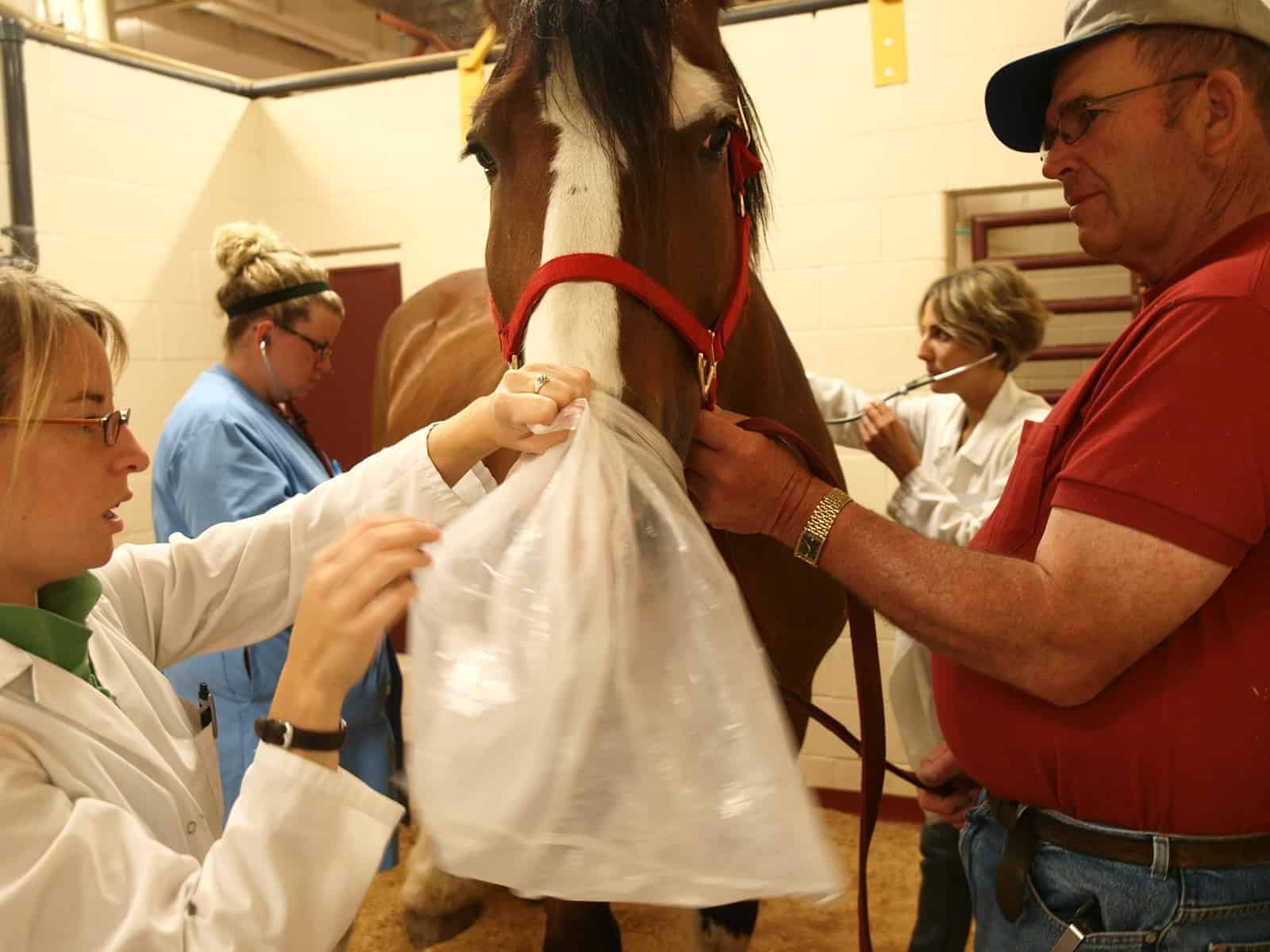
Heaves
Recurrent airway obstruction, commonly known as heaves, is similar to asthma in humans. Genetics, housing and husbandry, and allergies can all play a part in causing this disease. A heavey horse's clinical signs, such as shortness of breath and coughing, can worsen as he ages. | Photo: Pam MacKenzie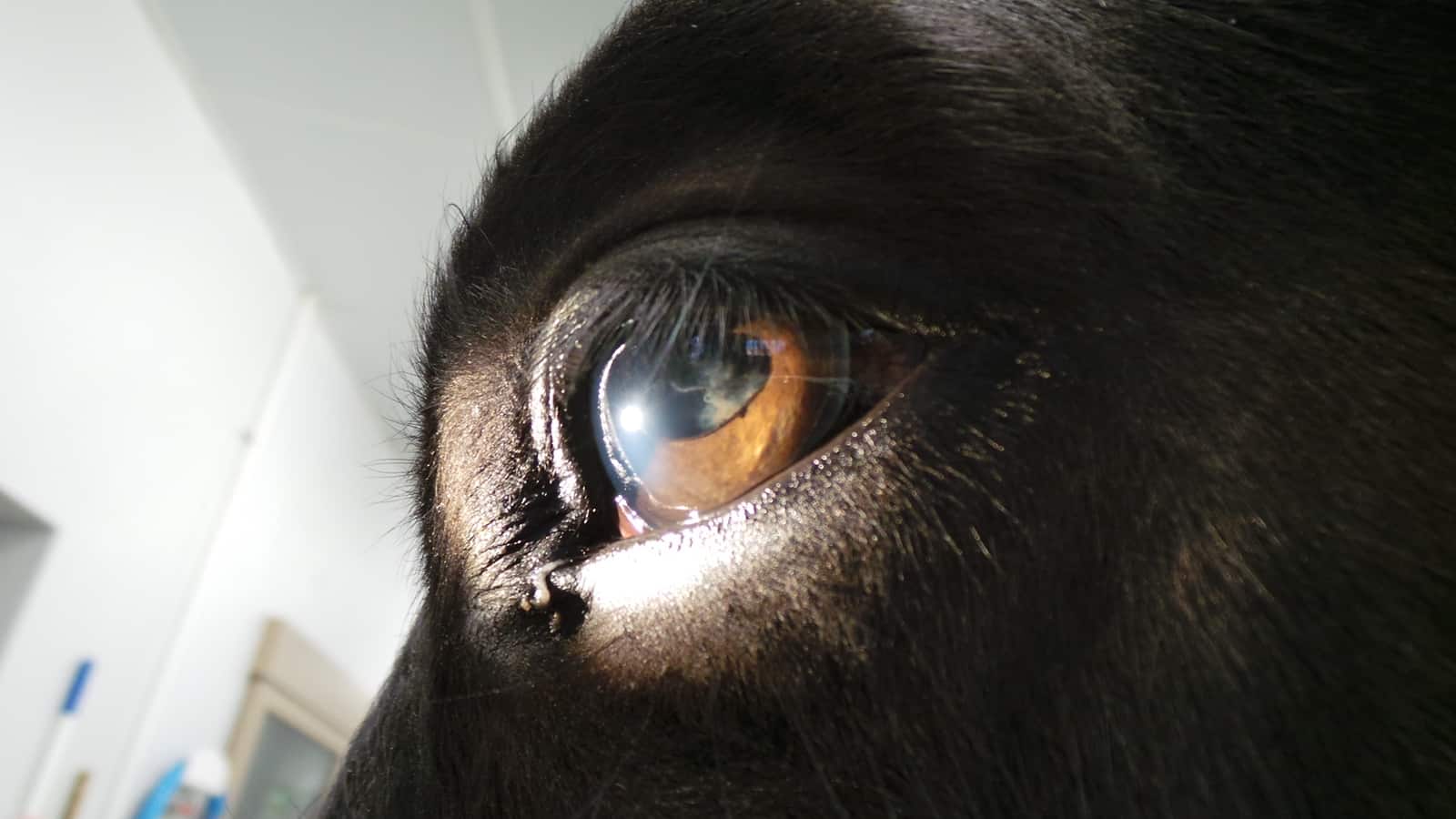
Cataracts
A cataract is an opacity or clouding of the eye lens, which is the large transparent structure found midway between the cornea and the retina that the horse uses to focus images close to his head. While horses of all ages can suffer from cataracts, they are often associated with aging or trauma. | Photo: Dr. Erin Gillam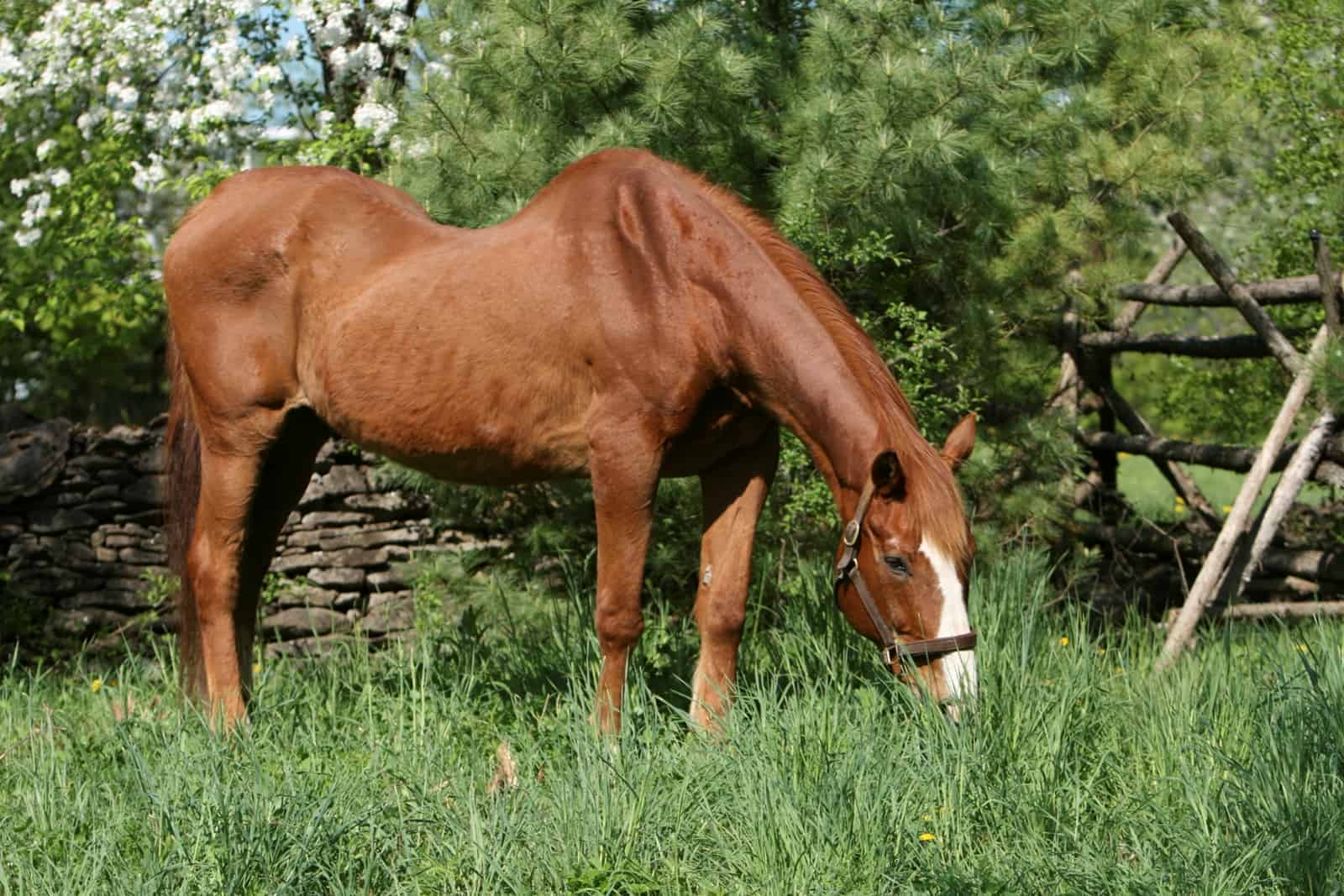
Swayback
Swayback, also referred to as lordosis, lowback, or softback, is the excessive curvature of the spine and a telltale sign of aging. Research suggests genetics plays a role in causing severe swayback. | Photo: Photos.com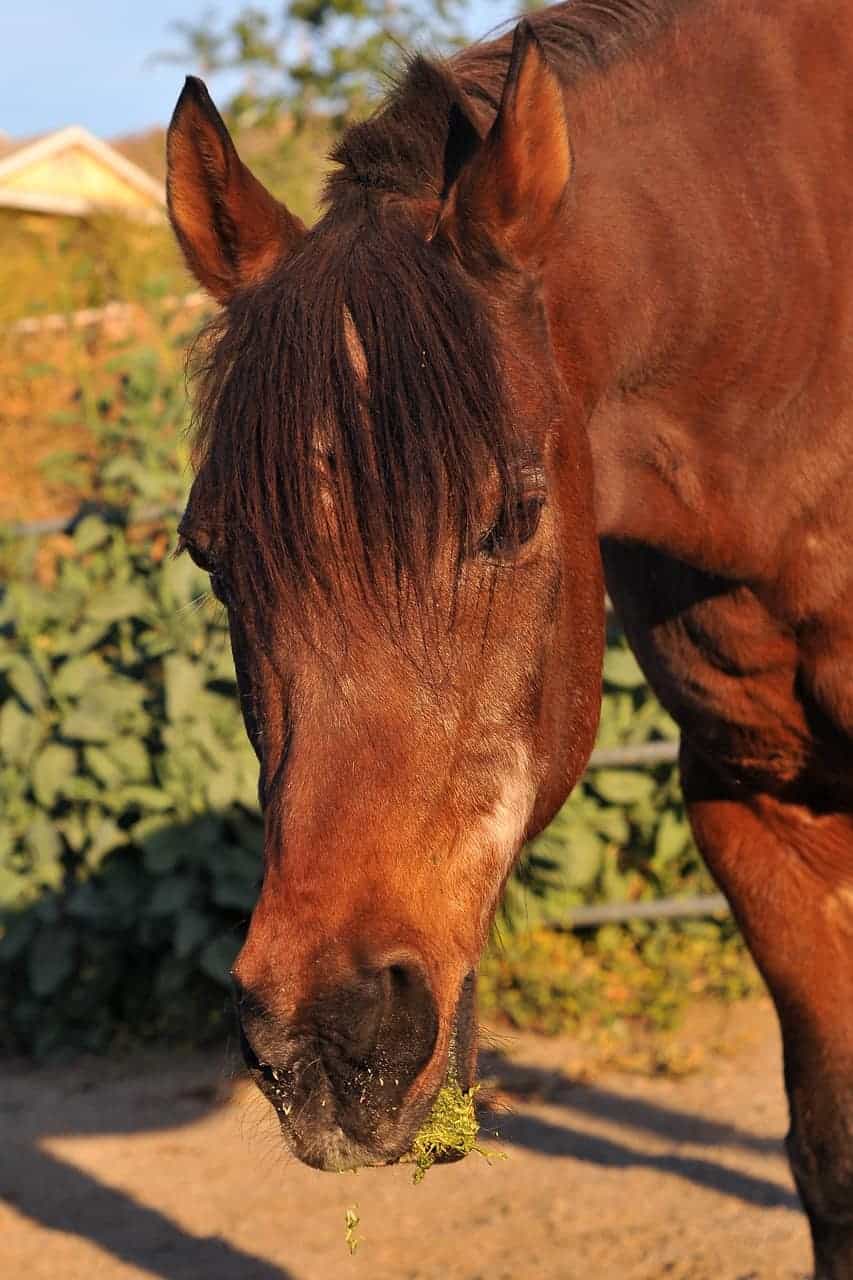
Dental Disease
Dental disease is common in older horses and can cause quidding, which is the dropping of feed during mastication (chewing). Poor chewing can lead to weight loss and an increased risk of choke. | Photo: Laurie Taylor
Weight Loss
Old horses often become unthrifty, meaning they are harder to keep weight on. Dental problems and endocrine disorders, as well as an aging digestive tract, are all possible causes of weight loss. | Photo: Alexandra Beckstett, The Horse Managing Editor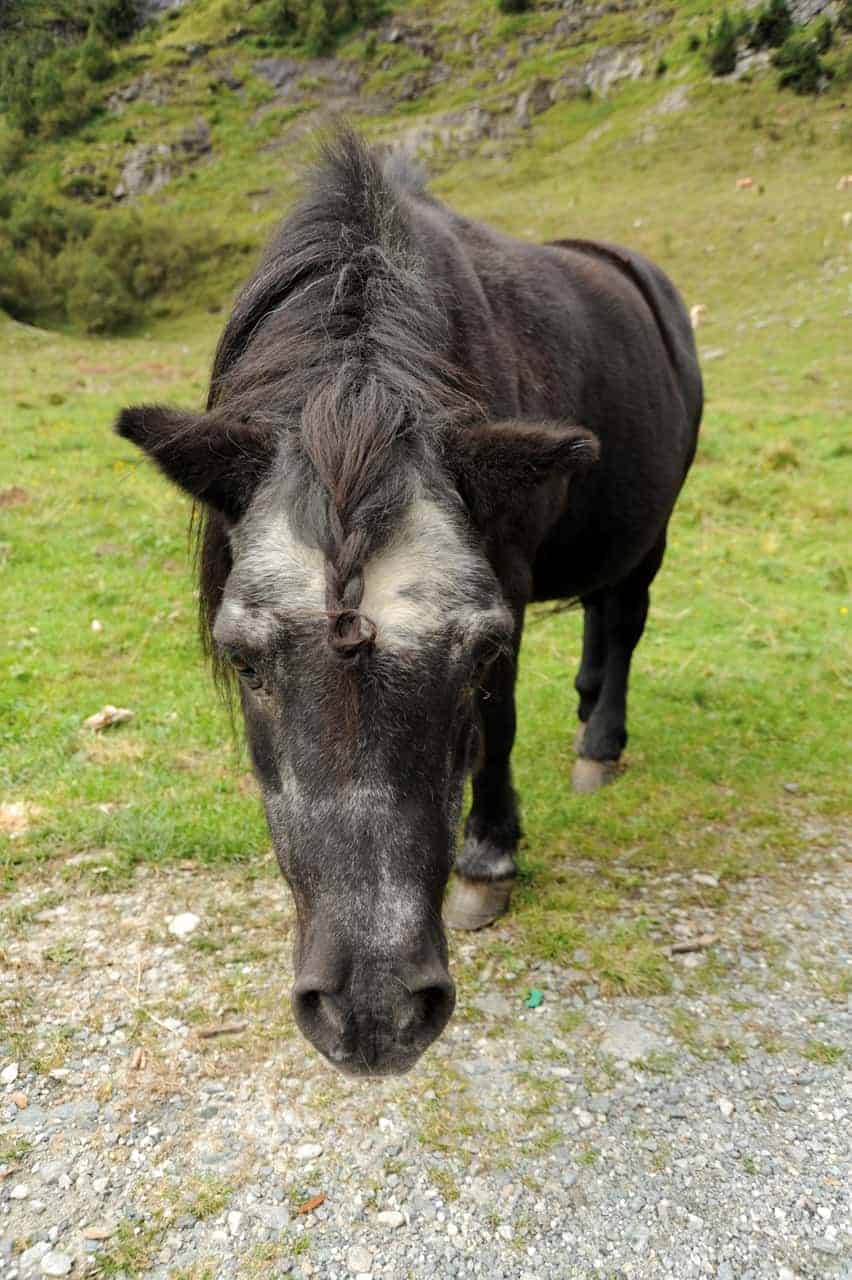
Graying
Like humans whose heads turn gray with age, horses will also often get gray hair around their faces and throughout their coats. This pigmentation change is age-related and should not be confused with the graying gene, which causes certain horses' coats to gray as they mature. | Photo: Photos.com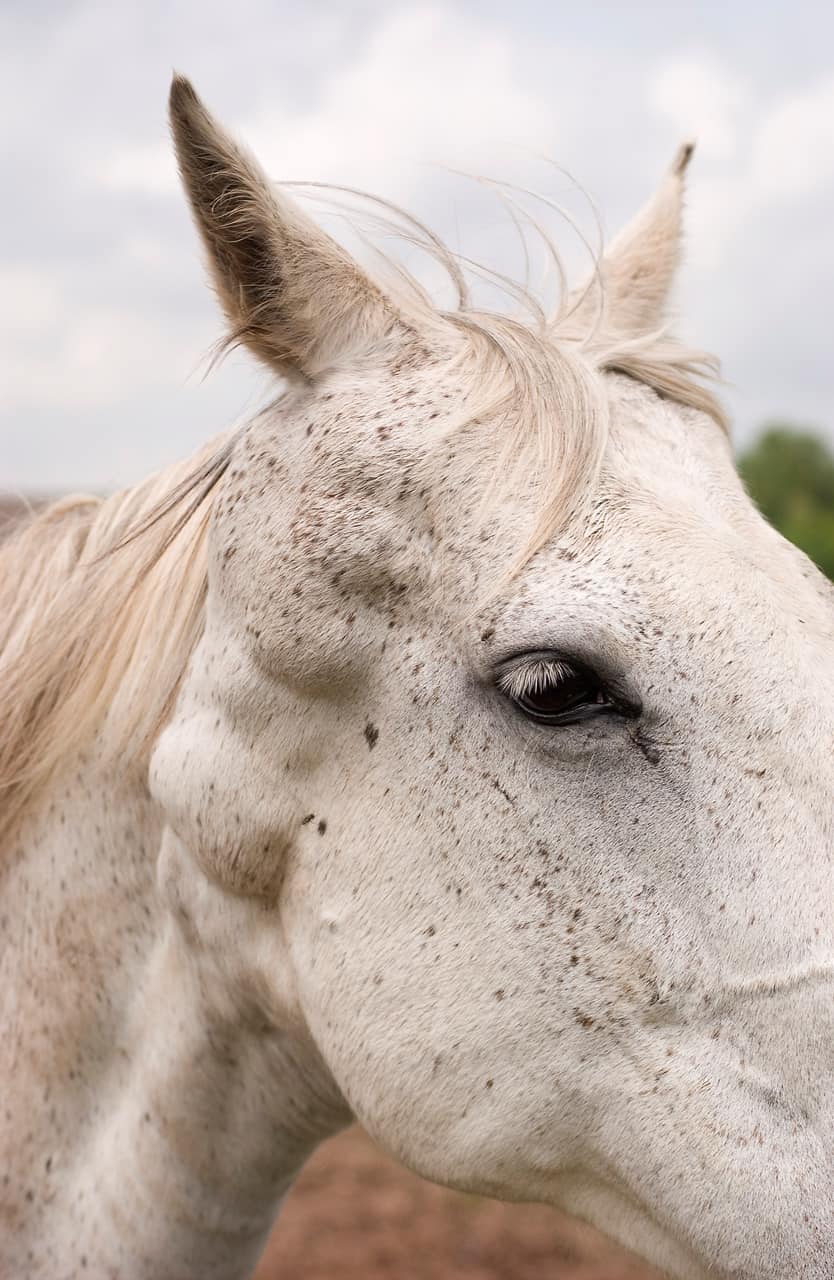
Melanomas
Eighty percent of gray-colored horses will get melanomas, which are cancer tumors. Melanoma tumors can become larger and more prevalent as a gray horse ages. | Photo: Arnd Bronkhorst/www.arnd.nl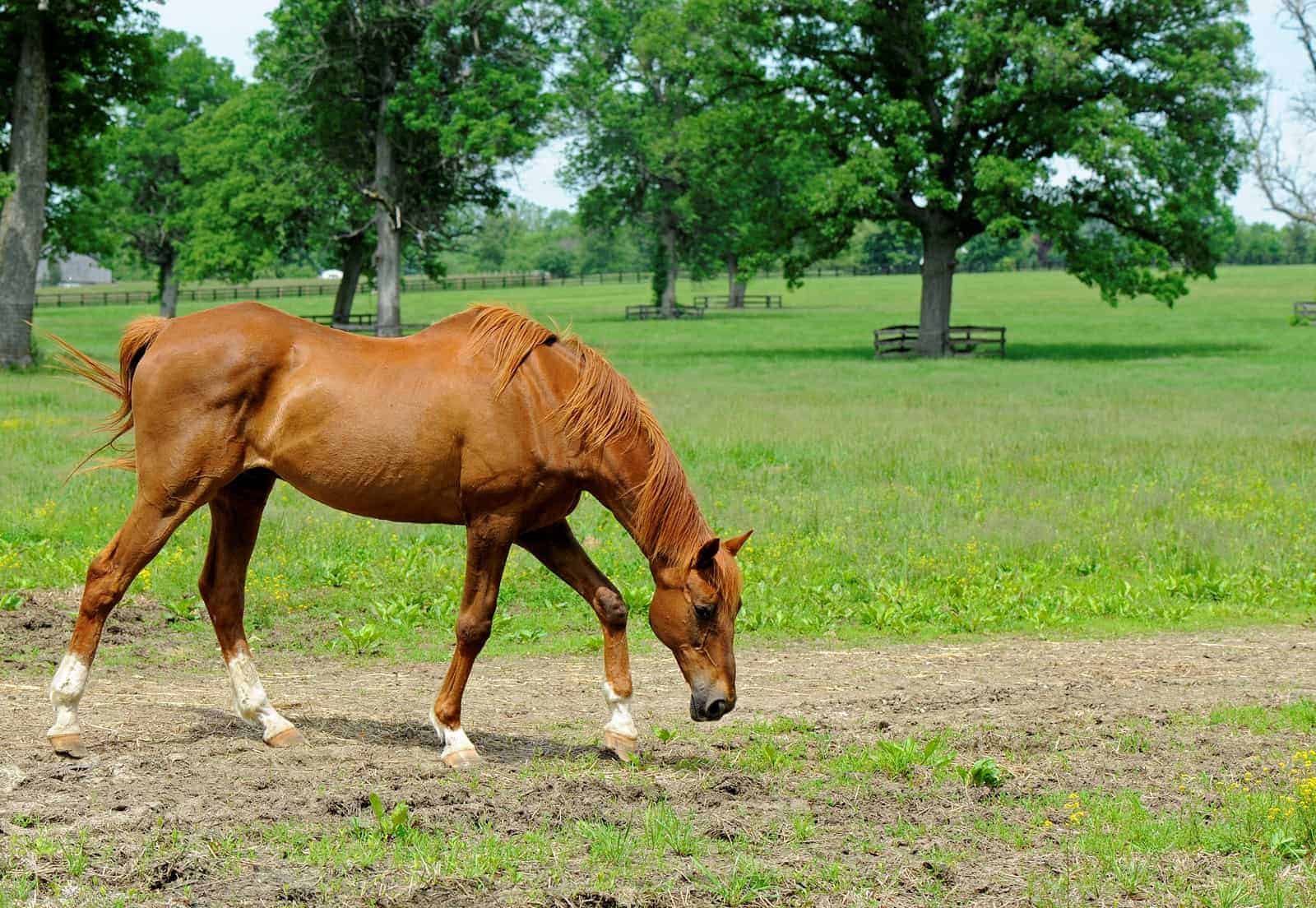
Muscle Tone Loss
Horses lose muscle tone and condition as part of the natural aging process. | Photo: Anne M. Eberhardt/The Horse
Share

The Horse: Your Guide To Equine Health Care is an equine publication providing the latest news and information on the health, care, welfare, and management of all equids.
Related Articles
Stay on top of the most recent Horse Health news with


